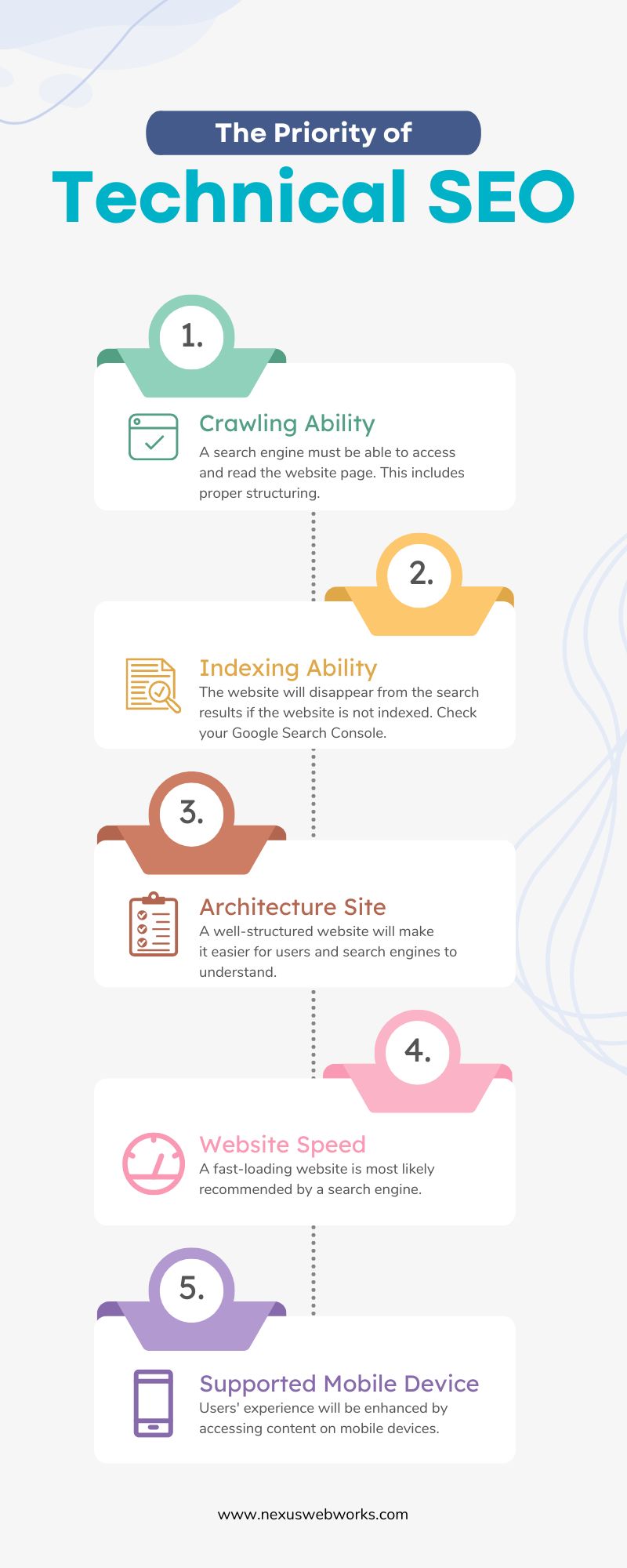If you were looking for an article on SEO for Family Law, then you’re at the right place. This ultimate SEO guide for 2023 will cover all of the main parts that are required for your SEO strategy to be effective.
If you require SEO services, then rely on our expertise, and contact us here to get 50% OFF For The First 3 Months!
This article will provide an overview of the key strategies and tactics that family law firms can use to optimize their website for search engines. It will cover both on-page and off-page optimization, as well as local SEO and technical SEO. The article will also discuss how to measure and track the success of an SEO campaign.
Understanding The Target Audience

Demographics of potential clients
One of the primary factors that you need to consider when creating an SEO strategy is the demographic characteristics of your potential clients. This includes factors such as age, gender, income, and location. For example, if you primarily serve clients in a specific geographic region, you may need to tailor your SEO strategy to focus on local search terms and optimize your website for local searches.
Additionally, if you specialize in a particular type of case, such as divorce or child custody, you will need to ensure that your website content is relevant to potential clients who are looking for information about those specific legal issues.
To understand the demographics of potential clients, you can conduct market research, analyze website analytics data, and use tools like Google Trends to identify the search terms and topics that are most popular among your target audience.
By understanding the demographics of potential clients, you can create can create content that is relevant and helpful to them, which can help to attract more organic search traffic to your website.
Common Concerns & Questions
When clients are searching for legal services online, they often have common questions and concerns related to their legal issues. For example, someone who is going through a divorce may be wondering about the legal process, how property is divided, or how child custody is determined.
By creating content that addresses these common questions and concerns, you can establish yourself as a trusted authority in the legal field and provide potential clients with valuable information.
One effective way to create content that addresses common questions and concerns is to create blog posts, FAQs, or videos that cover the most frequently asked questions related to family law. By providing informative and helpful content, you can not only attract potential clients to your website but also demonstrate your expertise and build trust with potential clients.
Additionally, creating content that addresses common questions can help to improve the user experience of the website, as visitors are more likely to stay on the website longer and engage with the content.
Identifying Search Terms & Keywords
In order to attract organic search traffic to your website, you need to identify the search terms and keywords that people are using to find information related to their legal issues.
These keywords can be used to optimize website content, including page titles, meta descriptions, header tags, and on-page copy. By incorporating these keywords into website content, you can improve your search engine rankings and attract more organic search traffic.
To identify search terms and keywords, you can use a variety of tools and resources. Google’s Keyword Planner is a free tool that can help identify the most popular search terms.
Additionally, you can analyze competitor website analytics data to identify the search terms that are driving the most organic search traffic to your competitor websites. Another great free tool to use for that is Similar Web.
To get a better understanding of related terms that people also search, you can use Also Asked.
By identifying the search terms and keywords that are most relevant to your target audience, you can create content that is optimized for search engines and provides valuable information to potential clients.
Understanding the demographic characteristics of your clients, addressing common questions, and identifying relevant search terms and keywords are all key components of effective SEO for family law.

On-Page Optimization

On-page optimization is a critical aspect of any SEO strategy, and it involves optimizing the content and structure of the website itself. There are several best practices that you can follow to ensure that your website is optimized for search engines and provides a great user experience.
Creating Relevant Content
The most important aspect of on-page optimization is creating high-quality, relevant content that is optimized for search engines. This includes blog posts, articles, and other types of content that address common questions. You should create content that is informative, helpful, and engaging to potential clients.
As discussed above, to optimize website content for SEO for family law, you should use relevant keywords and search terms in your content, including in the page title, meta description, header tags, and on-page copy. Additionally, content should be well-structured, easy to read, and visually appealing.
A proper content strategy goes a very long way here, since content is what will be driving most of the traffic to your website.
Optimizing Page Titles and Meta Descriptions
The page title and meta description are two of the most important on-page elements for SEO. The page title is the text that appears in the browser tab when a website is open, and the meta description is the short summary of the content that appears in search engine results.
To be efficient in your SEO, you should create page titles and meta descriptions that are clear, concise, and relevant to the content on the page. Additionally, the page title and meta description should include relevant keywords and search terms to help improve search engine rankings.
Using Header Tags and Formatting
Header tags (H1, H2, H3, etc.) and formatting are important for both search engines and users. Header tags help to structure the content on the page and indicate the most important information to search engines. Formatting, such as bold and italic text, can also help to highlight important information for users.
You should use header tags to organize your content and make it easy for search engines to understand. Additionally, formatting can be used to make the content more engaging and easier to read.
Including Images and Videos
Images and videos can help to make website content more engaging and visually appealing. Additionally, including images and videos can help to improve search engine rankings.
To implement this, you should use high-quality images and videos that are relevant to the content on the page. Images should be properly labeled with alt text to help search engines understand the content of the image.
It’s also important to note that videos are highly effective at not only educating your target audience, but also at increasing conversions.
With an 80% higher conversion rate than copywriting, we ensure that all of our client website builds have video included. You can check out our case studies here.
Creating User-Friendly URLs
The URL of a webpage is an important on-page element for both search engines and users. Ideally, your URLs should be descriptive, user-friendly, and include relevant keywords and search terms. Like this article’s URL, which contains SEO for family law. This helps readers, such as yourself, and search engines to understand what the content is about.
Additionally, the URL should be easy to read and understand for potential clients. This can help to improve the user experience of the website and make it easier for people to find the information they need.
On-page optimization is a critical component of any effective SEO for family law firms. By creating relevant content, optimizing page titles and meta descriptions, using header tags and formatting, including images and videos, and creating user-friendly URLs, you’ll definitely boost your traffic.
Off-Page Optimization

Off-page optimization refers to the activities that are undertaken outside of a website to improve its search engine rankings. These activities include building backlinks, creating social media profiles, and guest blogging or article submissions. Off-Page optimization is critical to an effective SEO strategy, and it can often be some of the most difficult parts to optimize.
Below is what is required for off-page optimization.
Backlink Building
Backlinks are links from other websites that point to a website. Search engines consider backlinks as a sign of credibility and authority, which can help to improve search engine rankings. To boost your website authority, you can build backlinks by creating high-quality, shareable content that other websites will want to link to. This includes blog posts, articles, and infographics.
You can also reach out to other websites and request that they link to their website. It’s important to note that the quality of the backlinks is more important than the quantity. Backlinks from authoritative and relevant websites will have a greater impact on search engine rankings than a large number of low-quality backlinks.
Creating Social Media Profiles
Social media profiles can be a valuable tool for off-page optimization. By creating profiles on popular social media platforms, such as Facebook, Twitter, and LinkedIn, you can increase your visibility and reach a wider audience.
Social media profiles can also be used to share content and engage with potential clients. This can help to establish the firm as a trusted authority in the legal field and provide valuable information to potential clients.
Guest Blogging and Article Submissions
Guest blogging and article submissions are another way to build backlinks and improve search engine rankings. Family law firms can submit articles to legal directories, such as FindLaw and Avvo, or contribute guest posts to other blogs and websites.
When submitting articles or guest posts, it’s important to create high-quality content that is informative and relevant to the target audience. Additionally, the content should include relevant keywords and search terms to improve search engine rankings.
Off-page optimization is an important aspect of any effective SEO strategy for family law firms. By building backlinks, creating social media profiles, and contributing guest posts and articles, family law you can improve your search rankings dramatically. By implementing It’s important to note that off-page optimization is an ongoing process that requires time and effort to achieve results.
Local SEO

Local SEO refers to the process of optimizing a website to appear in local search results. For family law firms, local SEO is particularly important because potential clients are often searching for a lawyer in their local area.
Setting Up a Google My Business Account
Google My Business is a free tool that allows businesses to manage their online presence on Google, including search and map results. By setting up a Google My Business account, as a family law firm, you can provide potential clients with important information, such as your address, phone number, and business hours. You can also post updates and respond to reviews.
Google My Business is an extremely powerful tool, and possibly one of the most important local SEO tools that you can use to boost your business.
NAP Consistency
NAP stands for name, address, and phone number. Consistency in NAP is critical for local SEO. You must ensure that your NAP information is consistent across all online platforms, including your website, Google My Business account, and local directories. Inconsistencies can confuse search engines and your clients, leading to a negative impact on search engine rankings and overall visibility.
Getting Listed In Local Directories
Local directories, such as Yelp and Yellow Pages, are important for local SEO. You can increase your visibility by getting listed in local directories. This helps prospects who need your services to find you when searching for a lawyer in their local area.
It’s important to note that family law firms should only list their business in relevant directories and ensure that their NAP information is consistent.
Optimizing For Local Keywords
Apart from just targeting broad and narrow keywords in your blogs, you should optimize your website content for local keywords as well. This includes using relevant keywords in the website content, meta descriptions, and header tags. It’s important to use keywords that are relevant to the local area, such as the name of the city or neighborhood.
Local SEO is a critical component of any effective SEO strategy for family law firms. By setting up a Google My Business account, ensuring NAP consistency, getting listed in local directories, and optimizing for local keywords, family law firms can attract more potential clients in their local area.
Technical SEO
Technical SEO refers to the process of optimizing a website’s technical aspects to improve its search engine ranking.

There are many different aspects to Technical SEO as can be seen in the infographic above, but as a basic start you can improve you technical SEO by addressing the following factors:
Site Speed Optimization
Site speed is a critical factor in SEO because search engines favor websites that load quickly. You can improve your site speed by optimizing images, reducing server response time, and minimizing HTTP requests.
Site speed is a ranking factor for Google as well. The faster your website loads, the higher your website is likely to rank, if the content is effective as well.
At Nexus WebWorks we do performance optimization on every website package.
Mobile Optimization
In today’s mobile-first world, it’s crucial for family law firms to have a mobile-friendly website. This means that the website should be optimized for smaller screens, load quickly on mobile devices, and have easy-to-use navigation.
SSL Certification
Secure Sockets Layer (SSL) certification is a security measure that protects user data by encrypting information transmitted between the website and the user’s browser. SSL certification is not only important for user security, but it is also a ranking factor in search engine algorithms.
Fixing Broken Links
Broken links can negatively impact a website’s SEO by causing a poor user experience and reducing the credibility of the website. You should regularly audit your website for broken links and fix them as soon as possible.
Technical SEO is an essential component of any SEO strategy. Can you see how all of these parts work together to increase your search engine rankings and user experience (UX)?
Measuring and Tracking Success

Search engine optimization (SEO) is an ongoing process that requires continuous measurement and tracking of key performance indicators (KPIs) to ensure success. As a family law firm, you should measure and track your SEO efforts to determine what is working and what isn’t. This will allow you to make necessary adjustments and improve your SEO performance over time.
Setting up Google Analytics
The first step in measuring and tracking SEO success is to set up Google Analytics. Google Analytics is a free tool that provides valuable insights into website traffic, user behavior, and other metrics. You can use this tool to track website traffic, user demographics, bounce rates, and other important metrics which form part of your KPI’s.
Identifying Key Performance Indicators (KPI’s)
Any business that is implementing a SEO strategy should identify their KPIs to measure the effectiveness of their SEO efforts. KPIs can include website traffic, search engine ranking, conversion rates, and user engagement. By identifying KPIs, you can set specific goals and measure progress over time.
Understanding your KPI’s is essential to measuring how effective your campaign is.
Analyzing Website Traffic and Ranking Data
Once the KPIs are identified, you should regularly analyze your website traffic and ranking data. This will allow you to determine which pages and keywords are driving the most traffic to your website, which pages have high bounce rates, and which keywords need more optimization.
Making Necessary Adjustments
Based on the data analysis, you should make necessary adjustments to their SEO strategy. For example, if a particular keyword is not performing well, you should adjust your on-page optimization strategy to include different keywords or more relevant content. Alternatively, if a particular page has a high bounce rate, you should optimize the page for user engagement by improving its layout, adding more multimedia content, or including more informative content.
By measuring and tracking your SEO performance, you will have an in-depth understanding of how your website is doing, and how you can implement changes to ensure that you are attracting the right clients to your website.
Measuring and tracking SEO success is critical for you to achieve your marketing goals. By setting up Google Analytics, identifying KPIs, analyzing website traffic and ranking data, and making necessary adjustments, family law firms can improve their SEO performance and attract more potential clients.
SEO is an ongoing process, and it requires continuous improvement and optimization to achieve long-term success.
Conclusion
In conclusion, SEO is an essential component of any successful digital marketing strategy for family law firms. By understanding your target audience, optimizing your website content, building backlinks, and implementing local and technical SEO strategies, you can improve your search engine rankings, attract more potential clients, and increase your revenue.
The importance of measuring and tracking SEO success cannot be overstated. Setting up Google Analytics, identifying KPIs, analyzing website traffic and ranking data, and making necessary adjustments are all critical steps in improving SEO performance over time.
It is important to understand that SEO is an ongoing process that requires continuous improvement and optimization to achieve long-term success. It takes time and effort to see results, but the rewards are well worth it.
In summary, the main points of this article are:
Understanding the target audience
On-page optimization
Off-page optimization
Local SEO
Technical SEO
Measuring and tracking success
We encourage family law firms to implement these SEO strategies and take advantage of the benefits they offer. By doing so, they can establish themselves as trusted authorities in the legal field, attract more potential clients, and ultimately, increase their revenue.
In conclusion, the future outlook for SEO in the legal field is promising. As more people turn to the internet to find legal services, family law firms must adapt to this changing landscape and implement effective SEO strategies to stay competitive. Those who do will reap the rewards of increased visibility, more potential clients, and increased revenue.
If you need any help with your SEO for family law, the team here at Nexus WebWorks are specialists in SEO and can help to boost your business into new realms.
Contact us here today to get 50% OFF any of our SEO plans for the first 3 months!






